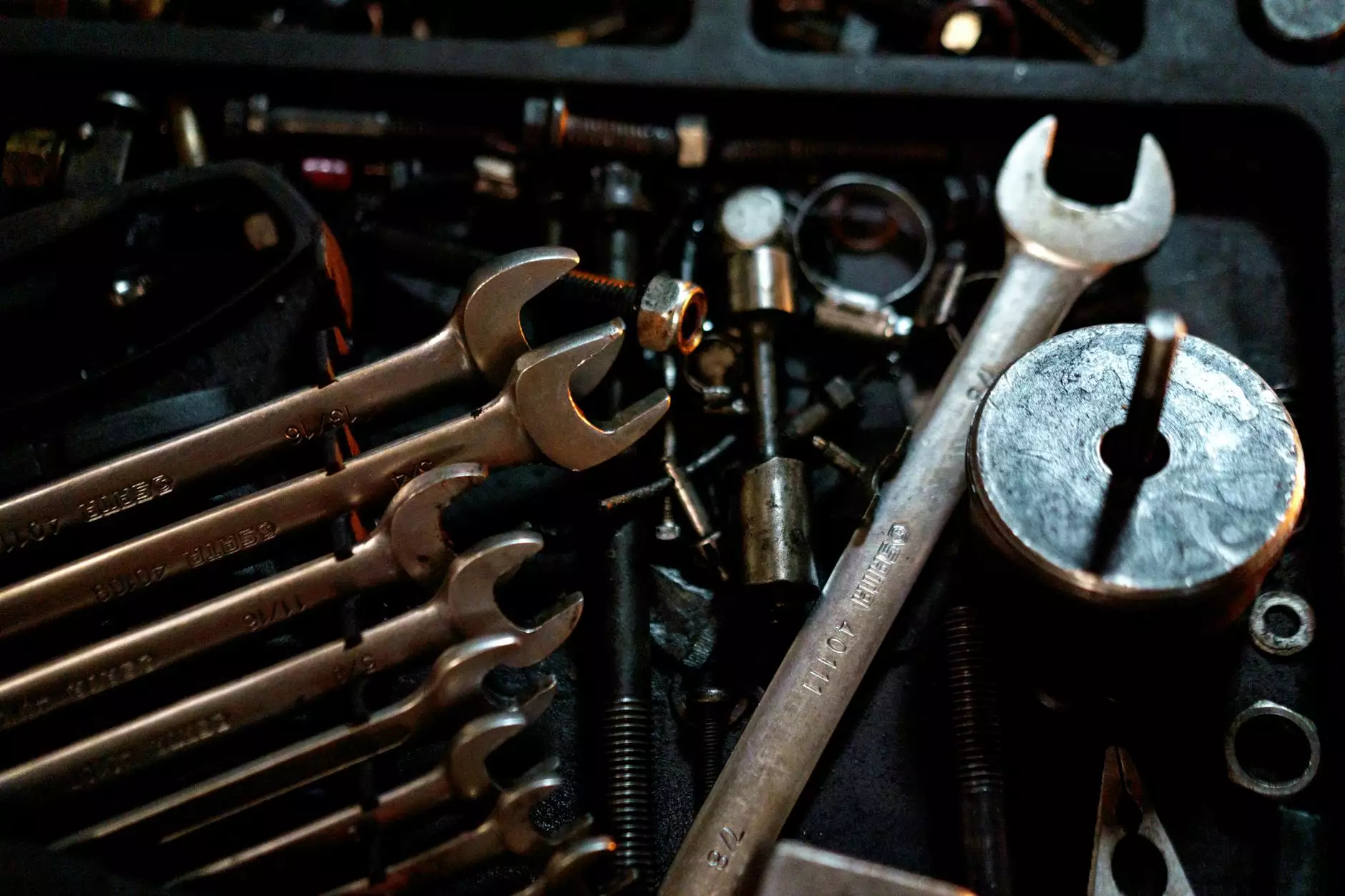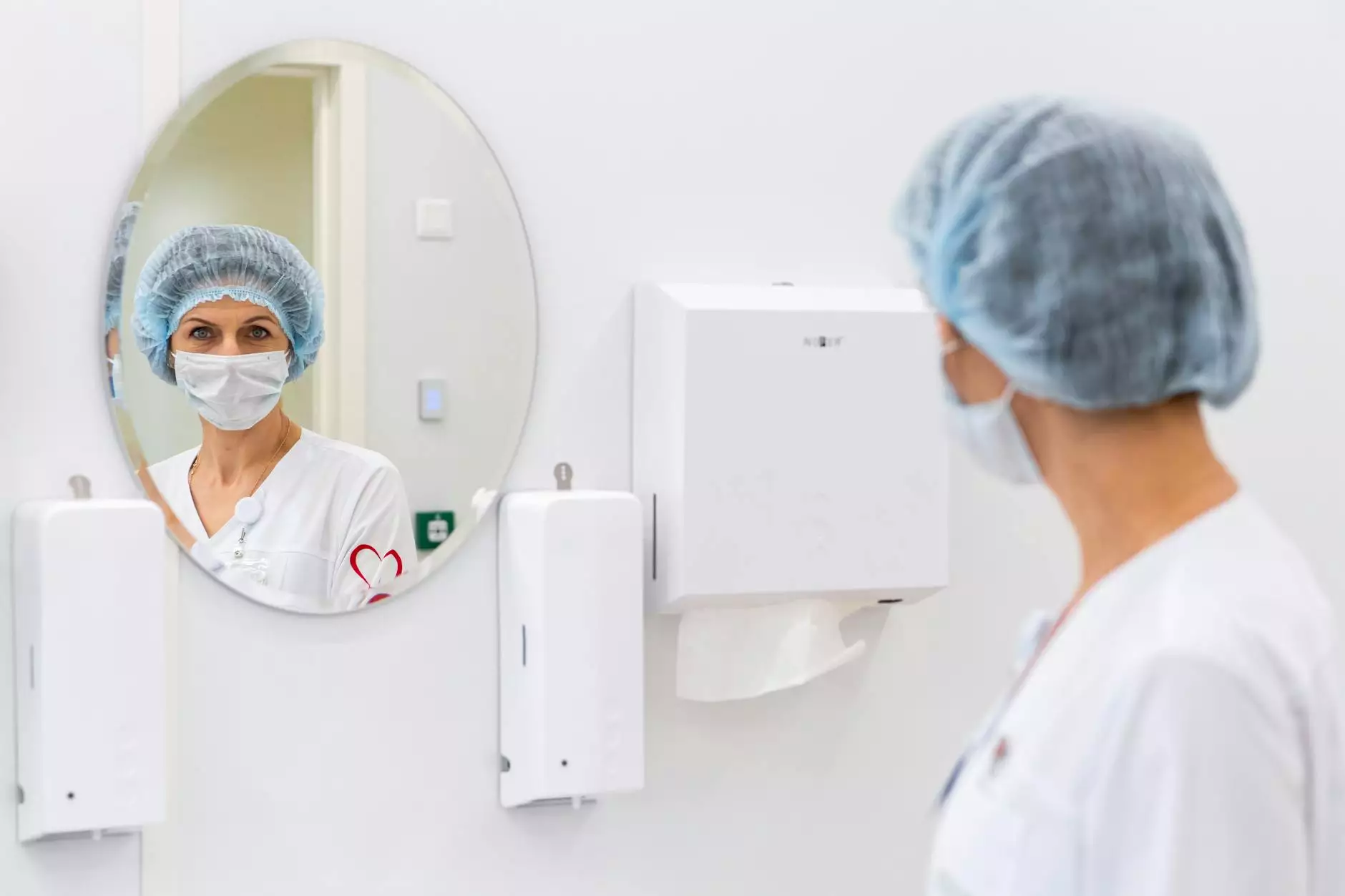MRI Medical Device Maintenance: Ensuring Optimal Performance and Safety

The maintenance of MRI medical devices is a critical aspect of healthcare that cannot be overlooked. These devices play a pivotal role in diagnostic imaging, providing detailed images of the inside of the human body. However, like any sophisticated technology, they require regular maintenance to ensure they operate at peak efficiency, maintain safety standards, and provide accurate diagnostic results.
Understanding MRI Technology
Magnetic Resonance Imaging (MRI) technology is widely recognized for its non-invasive approach to imaging. It utilizes powerful magnets, radio waves, and computer technology to produce clear and precise images of the body’s organs and tissues. However, the complexity of MRI machines necessitates a thorough understanding of their components and operation for effective maintenance.
Components of MRI Machines
- Main Magnet: Provides the strong magnetic field necessary for imaging.
- Gradient Coils: Control the variation of the magnetic field and help in spatial encoding.
- Radiofrequency Coils: Transmit and receive radiofrequency signals to produce images.
- Computer System: Processes the signals received and converts them into images.
- Cooling System: Maintains optimal operating temperatures for the equipment.
The Importance of MRI Medical Device Maintenance
MRI medical device maintenance is not just about keeping the machinery in good working order; it is essential for several reasons:
1. Safety Compliance
Healthcare facilities are required to adhere to strict regulations set by governing bodies. Regular maintenance ensures that MRI machines meet safety standards, protecting both patients and staff from potential hazards associated with equipment malfunction.
2. Cost Efficiency
Preventive maintenance can significantly reduce repair costs and extend the life of MRI equipment. Investing in regular check-ups and servicing can prevent costly breakdowns that can disrupt workflow and require hefty repair bills.
3. Accuracy of Diagnoses
Accurate imaging is vital for effective diagnosis. Neglecting maintenance can lead to equipment inaccuracies, affecting treatment decisions and patient outcomes.
Key Components of MRI Maintenance
To comprehensively cover MRI medical device maintenance, it is vital to discuss the processes involved. These typically include:
1. Routine Inspection
Regularly scheduled inspections are crucial. These inspections can identify potential problems before they escalate into significant issues. During these inspections, technicians check the following:
- Calibration of the imaging system
- Assessment of software updates
- Testing of safety interlocks
- Physical condition of the coils and cables
2. Performance Testing
Performance testing involves running a series of diagnostic tests to ensure that the MRI system functions correctly and produces high-quality images consistently. This includes:
- Signal-to-noise ratio checks
- Resolution assessments
- Distortion analyses
3. Preventive Maintenance Scheduling
It is essential to have a scheduled preventive maintenance plan. This plan generally includes routine checks, cleaning, lubrication, component replacement, and system calibration. Regular servicing can identify wear and tear issues before they impact performance.
Advanced Technologies in MRI Maintenance
With the growth of technology, MRI medical device maintenance has also seen innovations aimed at improving efficiency and safety. These technologies include:
1. Predictive Maintenance Tools
Predictive maintenance tools utilize data analytics and machine learning algorithms to forecast potential equipment failures. By analyzing data from previous maintenance records and real-time monitoring, facilities can optimize their maintenance schedules based on actual equipment condition rather than set intervals.
2. Remote Monitoring Systems
Remote monitoring systems allow for the continuous assessment of MRI machines from off-site locations. These systems can alert medical centers to any anomalies immediately, enabling quick responses and minimizing downtime.
3. Automated Maintenance Solutions
Some organizations have begun integrating automated maintenance solutions into their workflows. These systems can perform routine checks and even certain repairs autonomously, ensuring that the machinery is consistently operating within safe parameters.
Choosing the Right Maintenance Service Provider
Opting for a reliable service provider is crucial for effective MRI medical device maintenance. Here are key factors to consider when selecting a maintenance partner:
1. Experience and Expertise
Choose a provider with extensive experience in MRI systems. They should have a team of certified technicians who are familiar with the latest technologies and maintenance techniques.
2. Comprehensive Services
The ideal provider offers a comprehensive range of services including installation, regular maintenance, emergency repairs, and upgrades to the latest technology.
3. Customer Support
Reliable customer support can make all the difference in times of need. Look for a provider who offers 24/7 availability for emergency services and technical support.
Case Studies: Successful MRI Device Maintenance
Numerous healthcare facilities have reaped the benefits of diligent MRI medical device maintenance. Here are a couple of examples:
Case Study 1: City Hospital
City Hospital implemented a comprehensive maintenance plan that included predictive analytics and regular servicing. As a result, they experienced a 30% reduction in equipment downtime and improved their diagnostic accuracy significantly. Their investment in a maintenance contract ensured that they had prioritized patient safety and operational efficiency.
Case Study 2: Precision Imaging Center
Precision Imaging Center adopted remote monitoring technology, allowing for real-time system checks. This approach kept their maintenance costs low and improved response times. They reported faster troubleshooting, which directly correlated to better patient flow and satisfaction.
Conclusion
In summary, MRI medical device maintenance is not merely a technical requirement but a vital aspect of providing high-quality healthcare. By ensuring that MRI machines are regularly maintained, healthcare providers not only comply with safety regulations but also enhance patient care and operational efficiency. Echo Magnet Services specializes in offering tailored maintenance solutions to meet the unique needs of your facility, ensuring that your diagnostic equipment remains reliable and effective.
For more information about our maintenance services and to ensure your MRI equipment is in peak condition, visit echomagnetservices.com.









